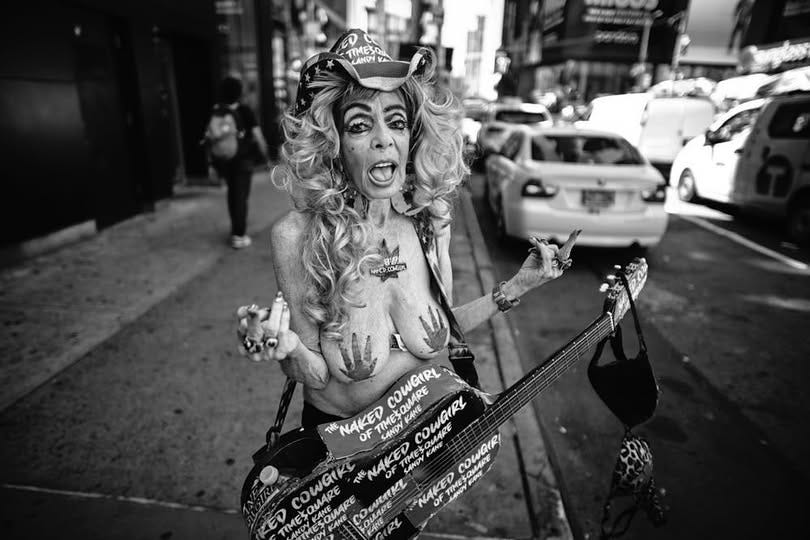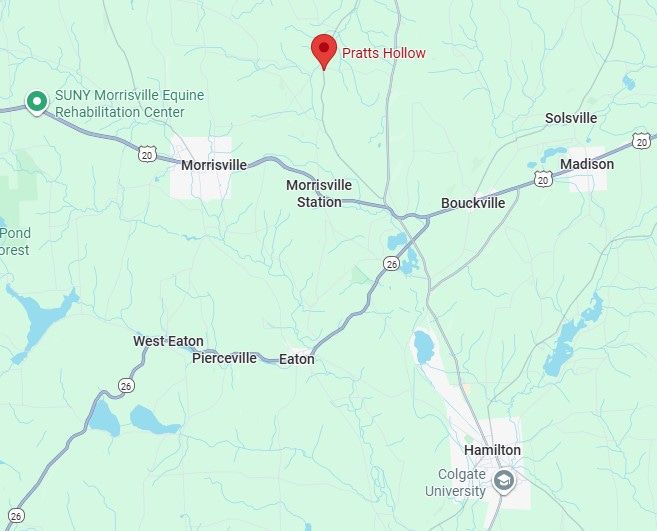We are born into a world not of our own choosing, and are responsible for it. We have a self to the extent of others’ agreement, and only theirs—not our own, independently. Yet we are held responsible for the self that others lay upon us. Somewhere in this particular imposition of history and culture, we are told, there is freedom.
Frame analysis concerns itself with contextualizing social settings and roles. We each have agency—something like a will-to-power—constrained by those we communicate with. We play roles, and the “rules” of the settings will proscribe the boundaries of those roles.
The difference between parochialism and urbanity can be understood in terms of the range of social roles and actors that one is prepared to encounter in their everyday lives. We move from social setting to social setting, occupying different roles for each, but at the same time holding the identity of the person (the self) who acted in those various ways, across those various roles.
Part of living in a “small town” is that everyone knows everyone. This means that despite the variety of roles a member may be expected to play—father, employee, neighbor, customer, town drunk, et cetera—there is a moral consistency that is expected to be maintained across the spectrum of roles.
A person acting in the role of customer who puts a small item in their pocket and walks out without paying for it has violated expectations for that role. In a smaller social network, that violation, if detected, will spill into every other role that individual is known to play.
Mr. Jones, the person who I know and treat as my neighbor tried to steal a bauble from Ms. Smith’s store. For his action outside of his neighborly role (he was playing ‘customer’), I will judge and hold Mr. Jones responsible as my neighbor.
The application of stigma due to mis-performance of one role is applied to all other roles that person is known to occupy. Honor holds significance in rural life for the same reason.
Urbanization effectively separates roles by permitting less connected, more geographically distant networks to develop. A person can play the same series of roles (or their close equivalents) in an urban location, but the chance of people from one setting to know the quality of role fulfillment that took place in another becomes smaller.
This promotes a diversity of identity and behaviors in urban settings that cause the individual to expect to encounter more strangers in their everyday lives. Instead of relying upon known-about-ness of what they are to encounter, the urbane are inclined to utilize immediate social cues to assess the settings and people they encounter in a given day.

We can anticipate this everyday orientation—this framing—to develop moral structures that are as different as they are. The urbane are morally looser, would be one way to look at it. Their ongoing preparedness to encounter that which they perhaps had never seen before—not without judgement, but without prejudice—contrasts with the experience of those whose social, geographic, and moral worlds suffer less diversity.
It’s easier to get someone to hate people they do not personally know if that person relies on a more parochial moral frame.
We understand our political schism is a geographic schism, a conflict between The Country and The City that can be traced back millennia (borderlands have always troubled empires).
But there have been recent fundamental shifts in both the scope of social networks and the mode of production that are homogenizing experience, whether a person is physically located in Chicago, IL or Pratts Hollow, NY.

We are exposed to the same media and the same markets. It is possible for one to work thousands of miles from a corporate office or data center, or to have dry goods delivered within 24 hours (and entertainment delivered immediately) by amazon.
To the parochial, this is seen as an invasion.
This is why they ban books, censor internet sites, and cheer extrajudicial detentions of people half a continent away from where they live. This is why they have experienced social panics involving imagined urban invaders.
In Idaho, armed white vigilantes mobilized for antifa protests that never occurred
In Klamath Falls, Oregon, victory declared over antifa, which never showed up
Towns from Washington state to Indiana have seen armed groups begin patrolling the streets after rumors spread on social media about an antifa invasion.
The True Story of the Antifa Invasion of Fork, Washington
A false report on Twitter exploded into a call to arms. Then a bus, carrying a family and two dogs, rolled into a remote Northwestern town.
It is the common element between Middle Eastern Jihadists and American Christian Nationalists: A rigid, prejudiced moral frame that perceives even minor deviance as a major threat. Openness, civil equality, and diversity become dangers to their frame, which they understand to be a way of life rather than a way of seeing.







